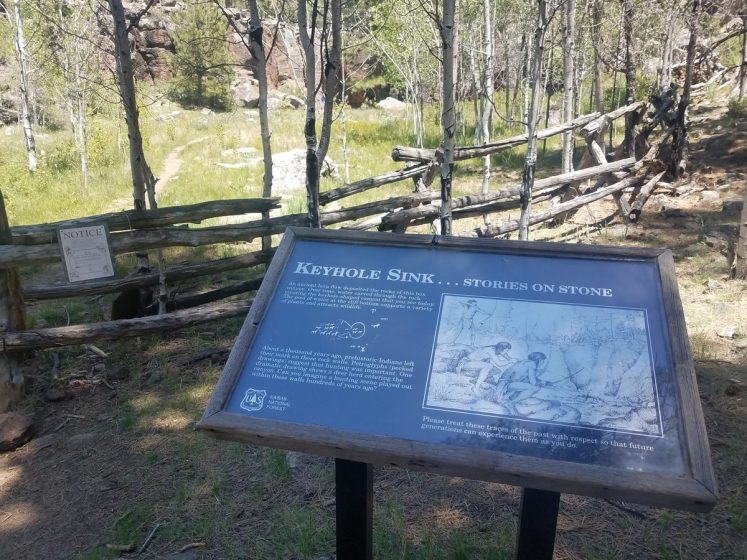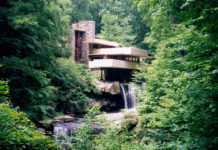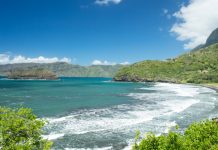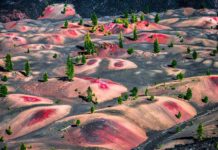Almost 1,000 years ago, the ancient Cohonina people created a keyhole sink in Arizona. This is a canyon in the shape of a keyhole near Williams, in the Kaibab National Forest. Seasonal waterfalls flow into Keyhole Sink Canyon. Keyhole Sink, also called Box Canyon, is easily accessed by foot from an unpaved pathway known as Keyhole Sink Trail. It will take 20 to 2 minutes from Williams to the trailhead.
The archaeologist believes this area was used as a sacred rest stop for hunters and clan initiations. Research suggests the surrounding 15 miles are remnants of pit house foundations. Petroglyphs carved in volcanic basalt include lizards, frogs, deer, snakes, and amorphous images.
These images were made by the Cohonina, who lived in this area from 700 to 1100. These petroglyphs were badly affected by the severe weather in August 2010 that vandals caused. However, they have been restored, but the damage is still evident. Now the petroglyphs are monitored through hidden cameras. Rather than a ruin, it’s an ancestral home.
Keyhole Sink Trail
Keyhole Sink Trail is 1.3 miles of moderately trafficked trail, and the back trail features stunning wildflowers and bird sounds. The trail is appropriate for all skill levels, as you can use it with your dogs. The trail is well-marked, offers a few activity options, and is best used from March to November. You can take your kids on the trail, which is not difficult. Sego lilies near the trailhead and water in the sink Visit a scenic box canyon carved into the gray volcanic walls by prehistoric residents on this easy-to-hike trail.
The petroglyphs are pretty worn. Moreover, you need to be careful of bees! They like the mud during the monsoon season and are everywhere. Make sure to check out the hieroglyphs! Don’t forget to wear sturdy mud boots when you’re out in the monsoon.
One of the deer petroglyphs depicts a deer herd entering the canyon. You have to keep a sharp eye, as this site is an excellent place to encounter wildlife. Also, respect the irreplaceable traces of the past you find. Hence, leave them uninterrupted so that others may enjoy them as you have. Although the petroglyphs have been restored, the damage remains. Also, you can share your journey at ТУРПОТУРАМ – Блог о путешествиях a wonderful blog that is focused on travel and tourism.
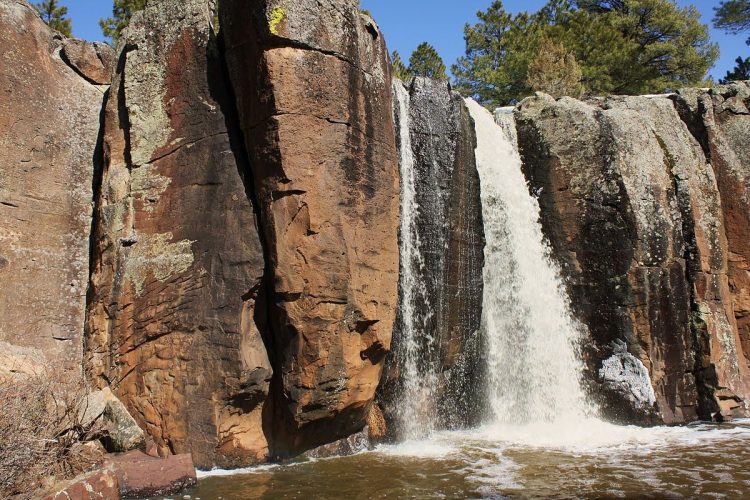


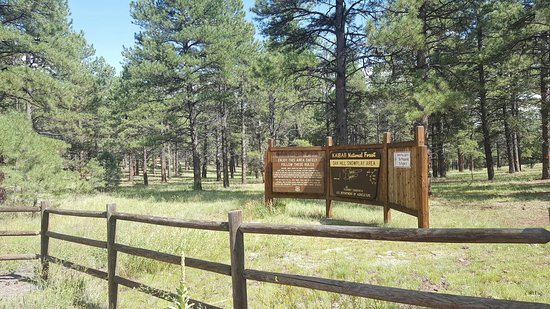

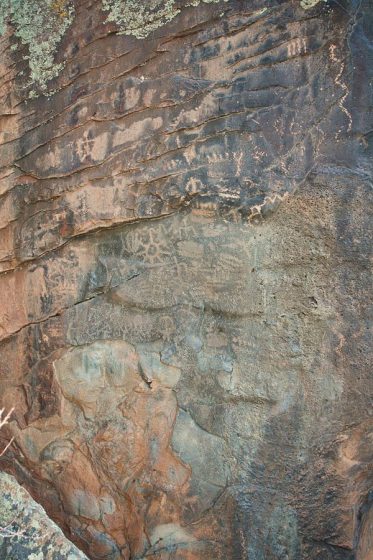

Sources: 1, 2,
Read More: The Mysterious Stones of Pokaini Forest
Product You May be Interested
-
Feel Emotional Freedom! Release Stress, Heal Your Heart, Master Your Mind
-
28-Day Keto Challenge
-
Get Your Customs Keto Diet Plan

